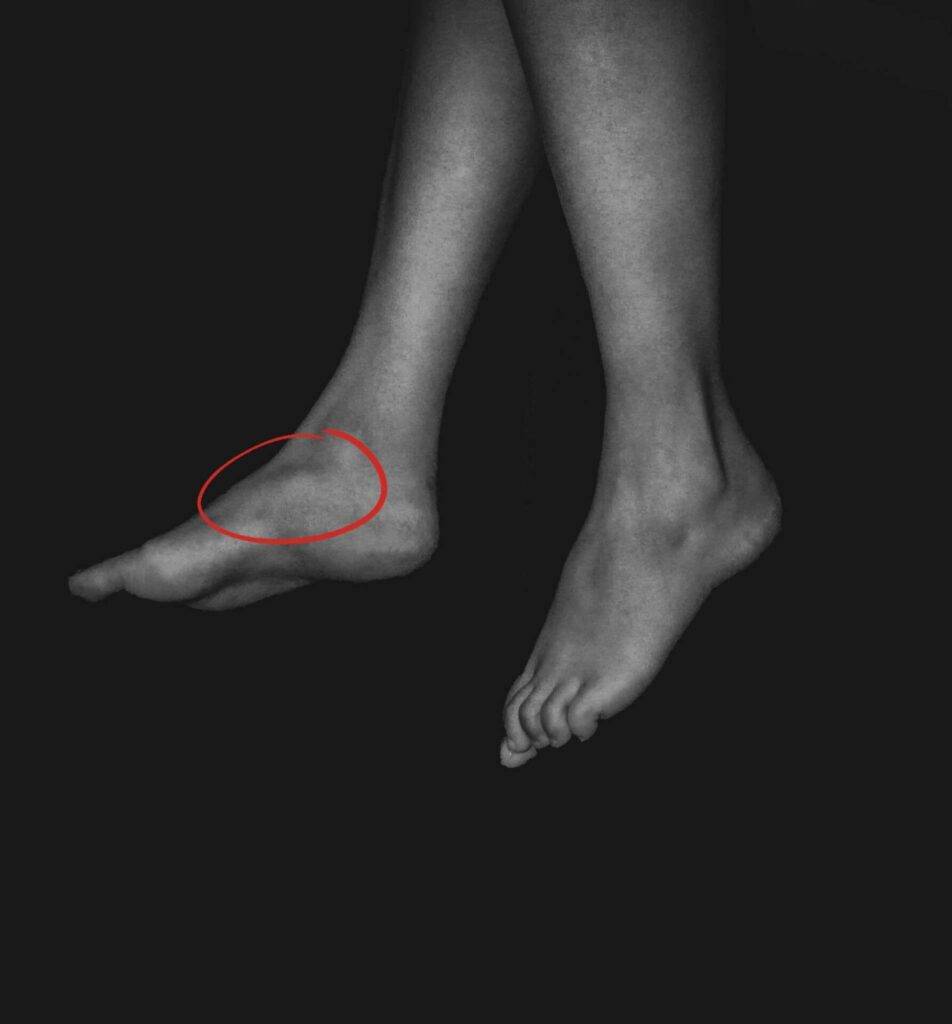Here are some Facts about Accessory Navicular Syndrome
An accessory navicular, sometimes referred to as os navicularum or tibiale externum is an extra piece of bone that is located at the inner side of the arch next to the navicular bone in the foot.
Accessory navicular syndrome is a painful accessory navicular bone or a painful tibialis posterior tendon. The tibialis posterior tendon is a muscle that originates at the back of the leg below the knee between your tibia and fibula. And also it runs down the inside of your ankle and attaches to the navicular bone.
Subtypes of Accessory Navicular Syndrome
- type 1: small round bone inside the tibialis posterior tendon insertion
- type 2: large triangular bone attached to the rest of the navicular by fibrous tissue or cartilage
- type 3: bony enlargement
What Causes Pain with Accessory Navicular Syndrome?
Some people will have always had this extra bone present in their foot but certain factors may cause to bone to become symptomatic including:
- Trauma – acute trauma to the bone can cause irritation
- Footwear – Chronic irritation from shoes or other footwear rubbing against the extra bone
- Flat feet– The accessory navicular bone is often situated in the tendon of tibialis posterior. Having a flat foot puts more strain on the posterior tibial tendon. In which it can produce inflammation or irritation of the accessory navicular bone.
Moreover, this condition usually presents during teenage years. This is a time when bones are maturing and cartilage is developing into bone. Sometimes, however, the symptoms do not occur until adulthood.
There are signs and symptoms of accessory navicular syndrome such as:
- A visible bony prominence on the midfoot (the inner side of the foot, just above the arch)
- Redness and swelling of the bony prominence
- Vague pain or throbbing in the midfoot and arch, usually occurring during or after periods of activity
In addition, treatment of accessory navicular bone depends on the cause of the irritation. If the cause of irritation is from footwear then footwear adjustment may be necessarily in these cases.
Also, most cases of accessory navicular syndrome are seen in those with flat feet. The flat foot posture increases the activity of tibialis posterior which causes irritation of the extra ossicle. So, treatment in these cases needs to reduce the activity of tibialis posterior.
Do you have these symptoms? One of our podiatrist can assist and help what treatment options are best for you. ✅
Schedule an appointment here or you may call us at 44 (0) 207 101 4000. 📞
We hope you have a feetastic day! 👣☀️
-The Chelsea Clinic and Team




